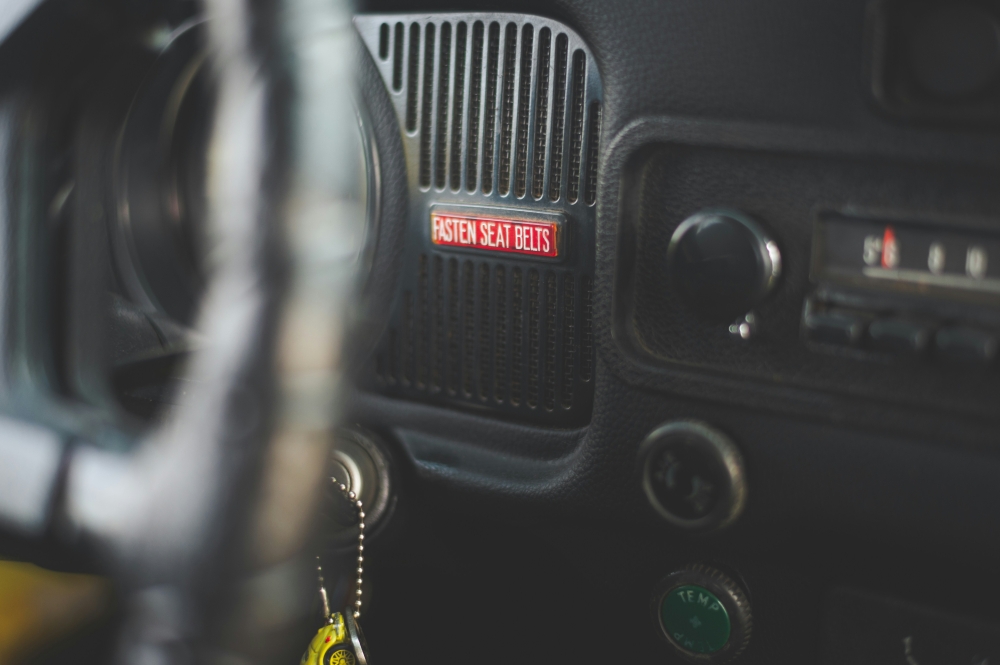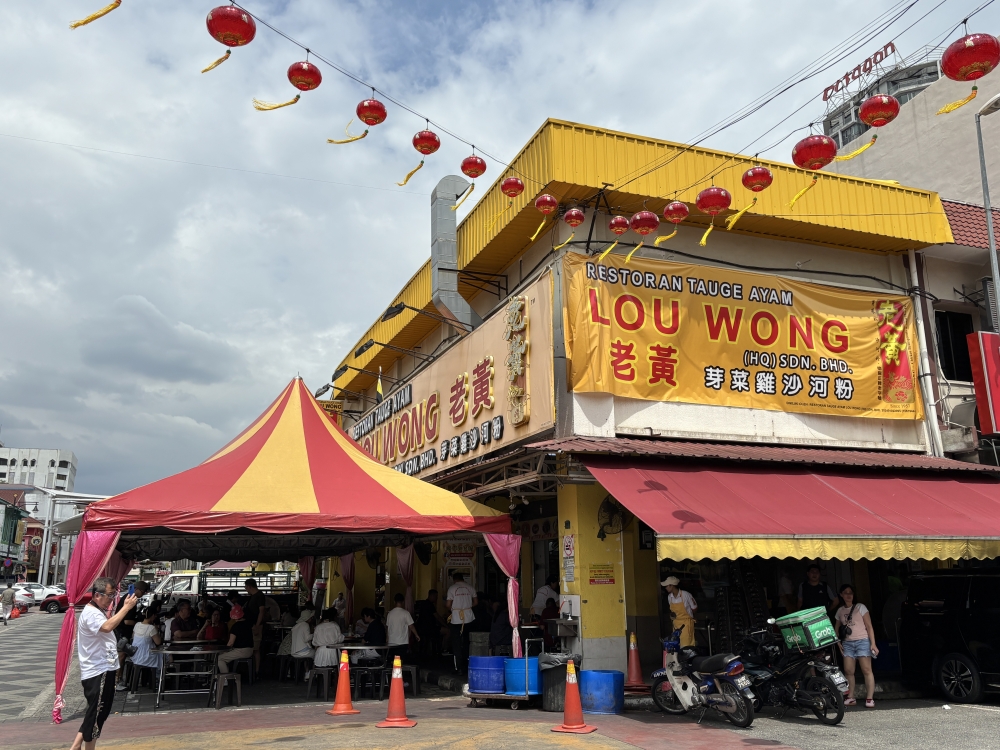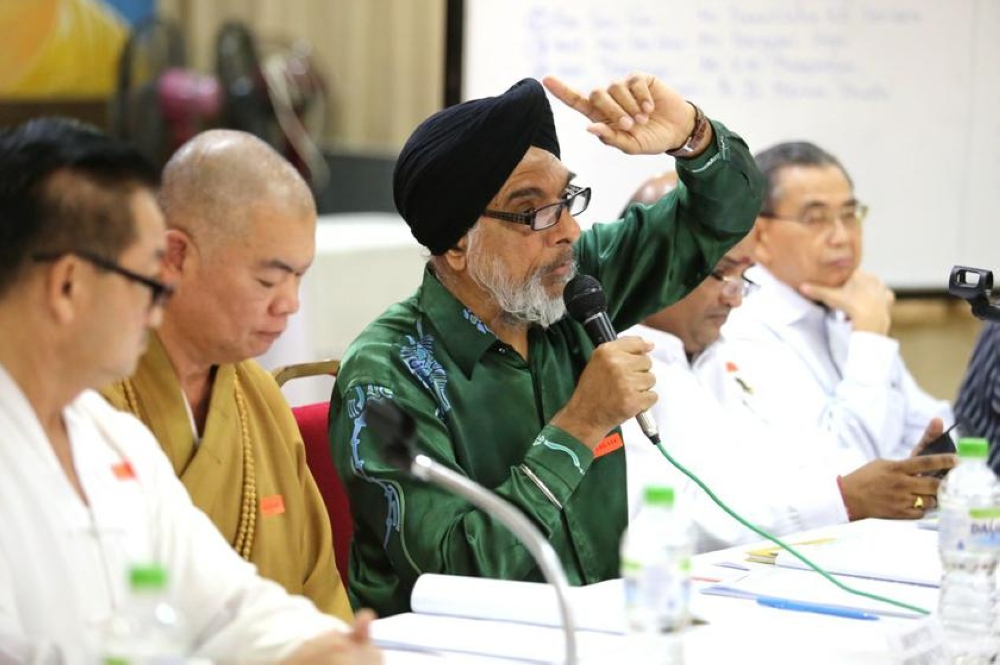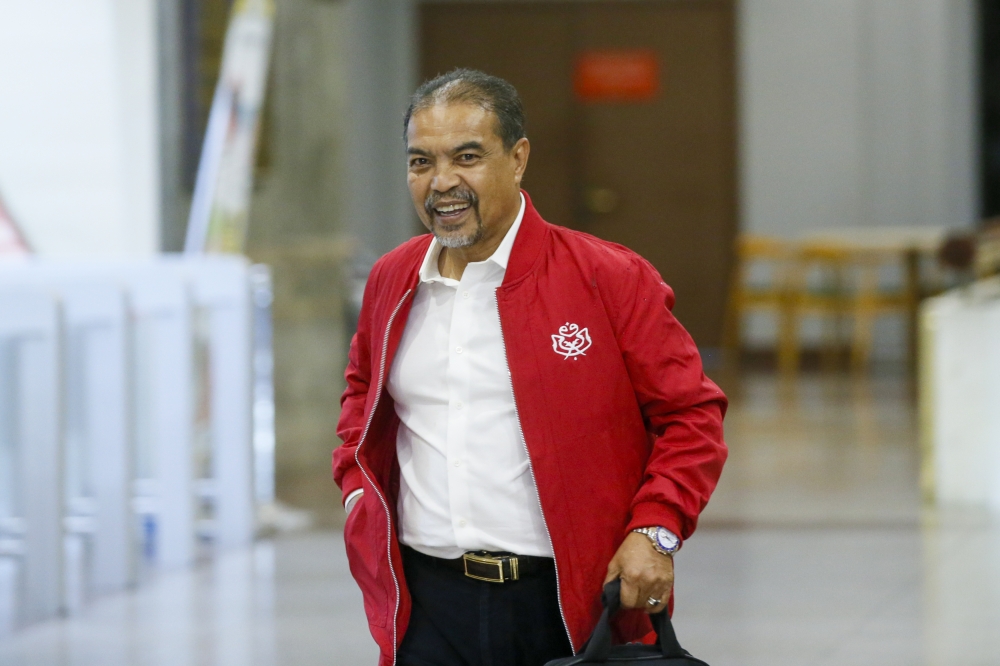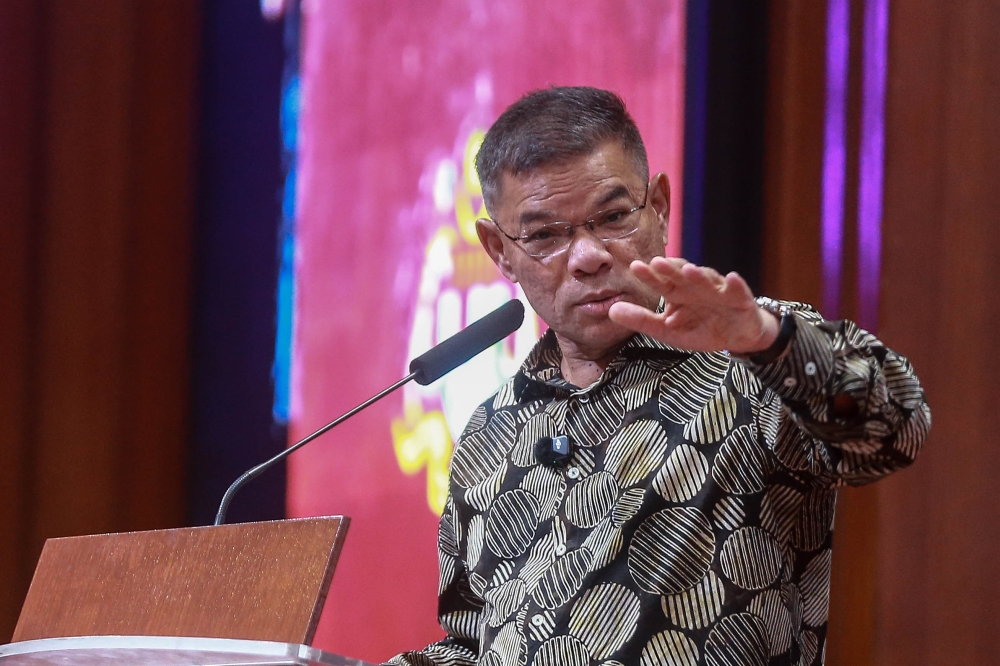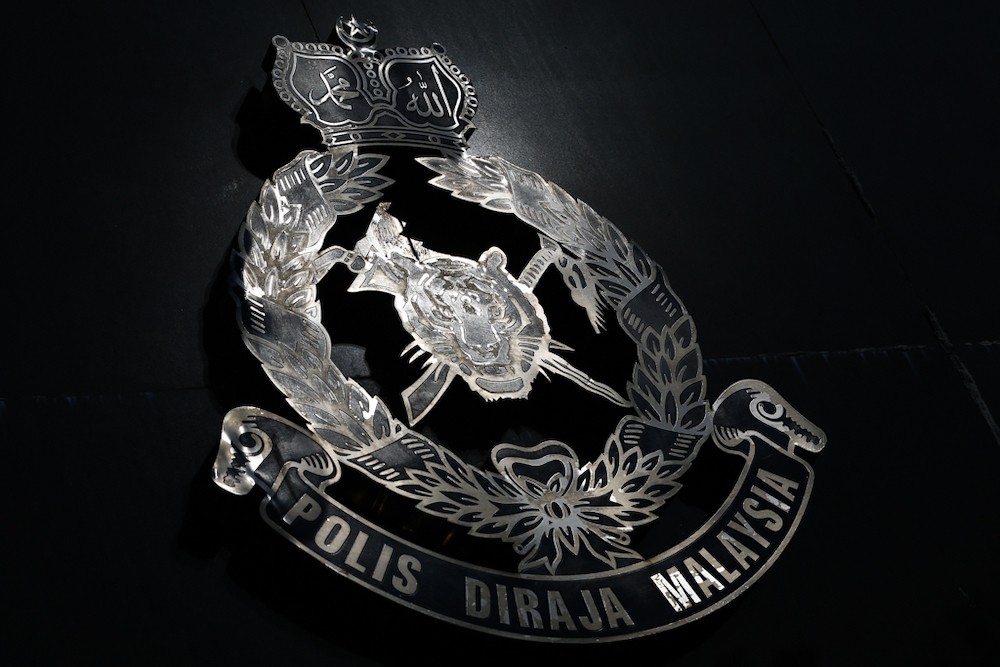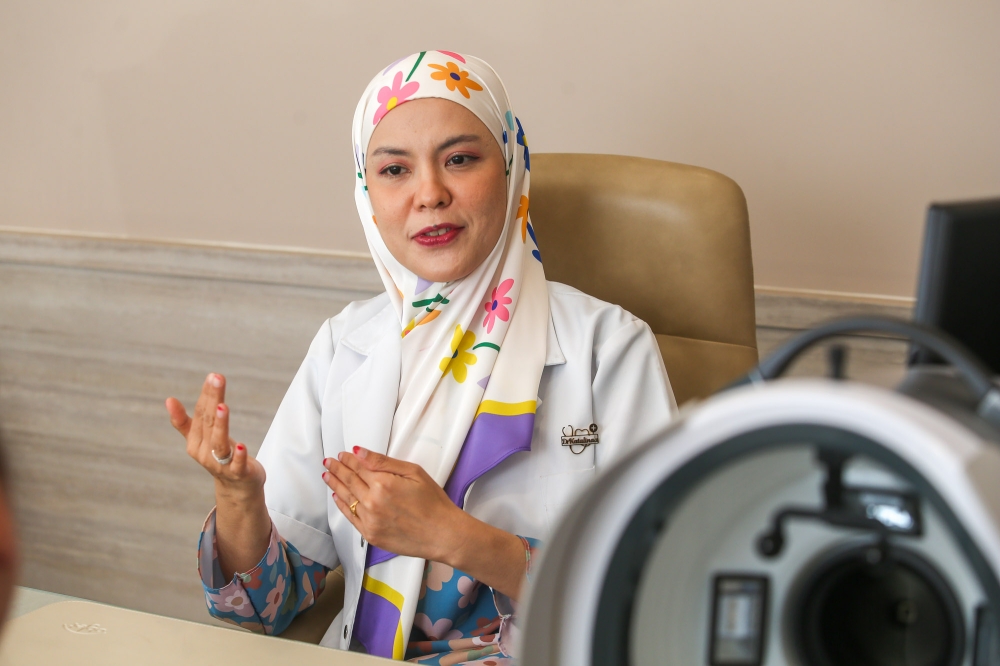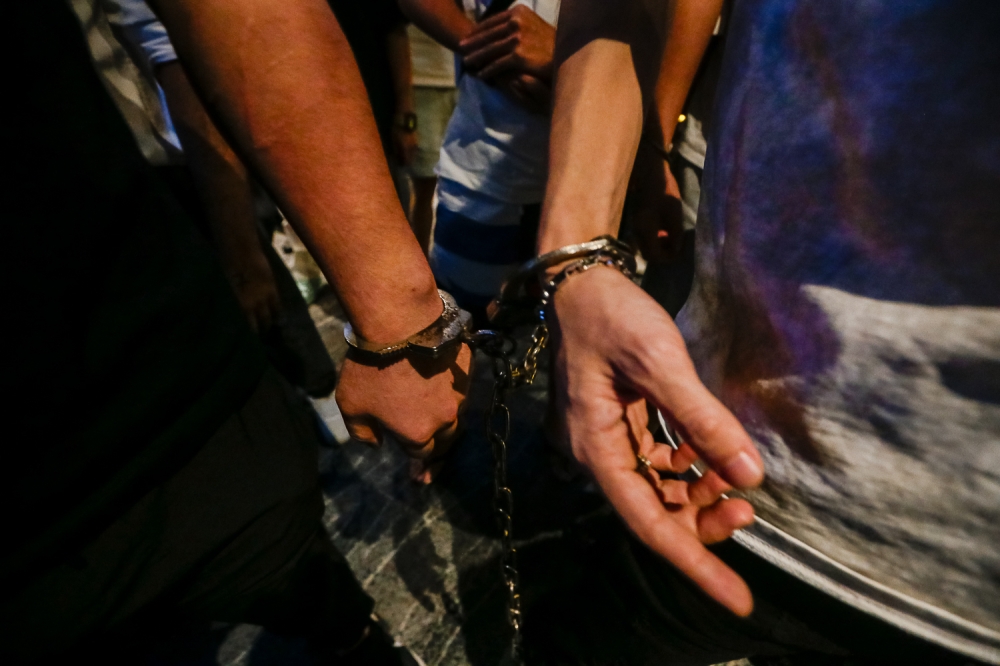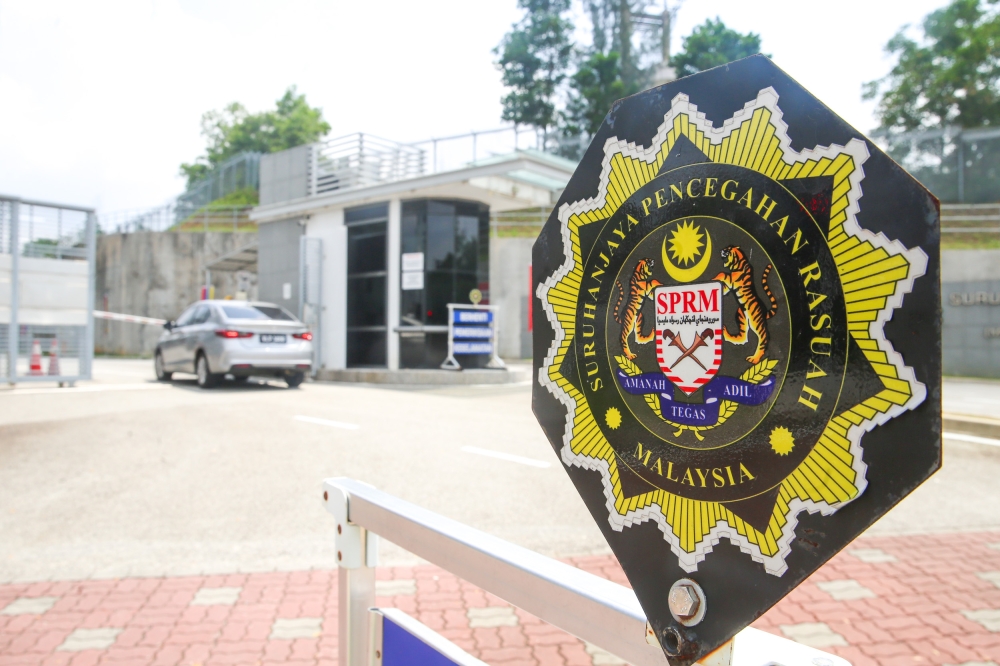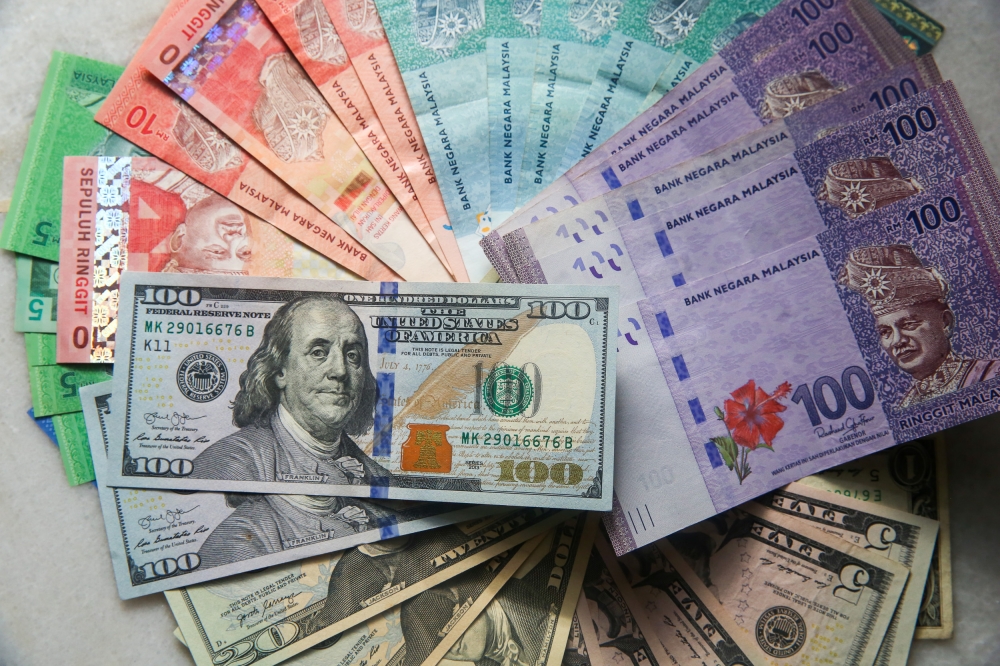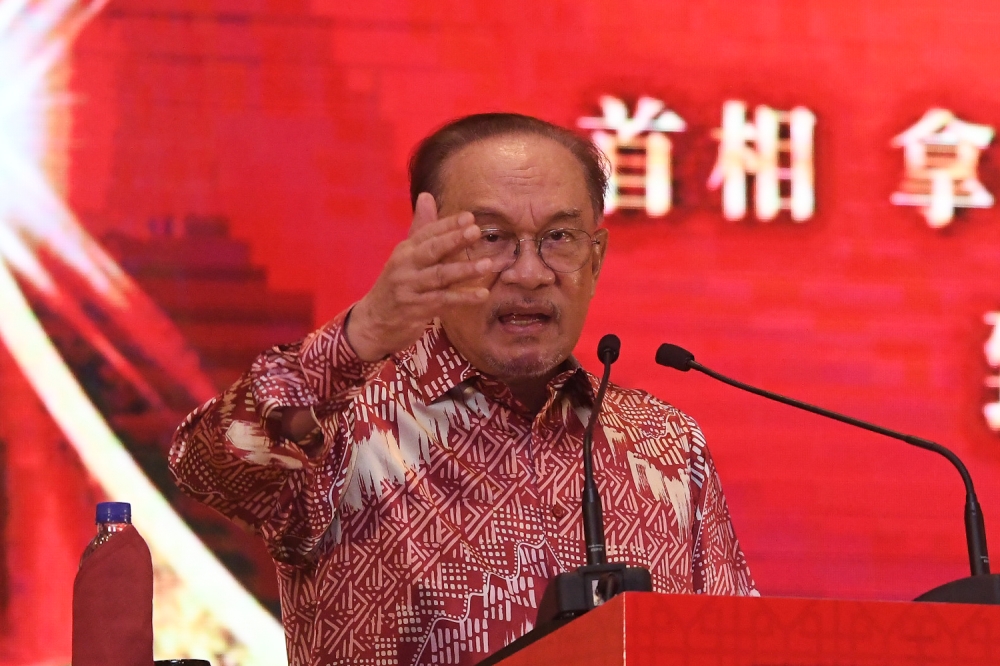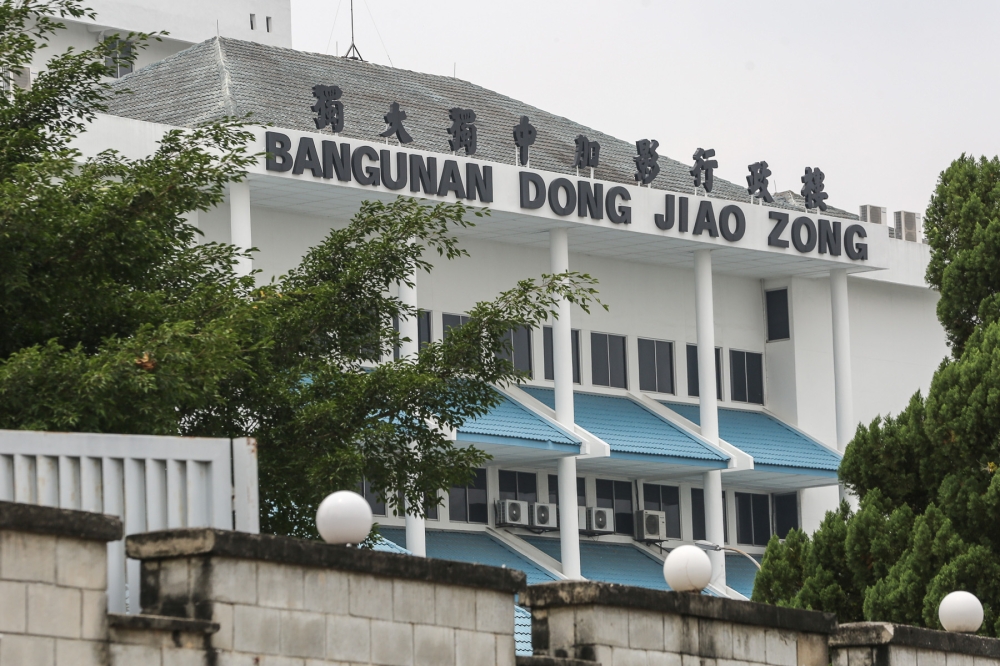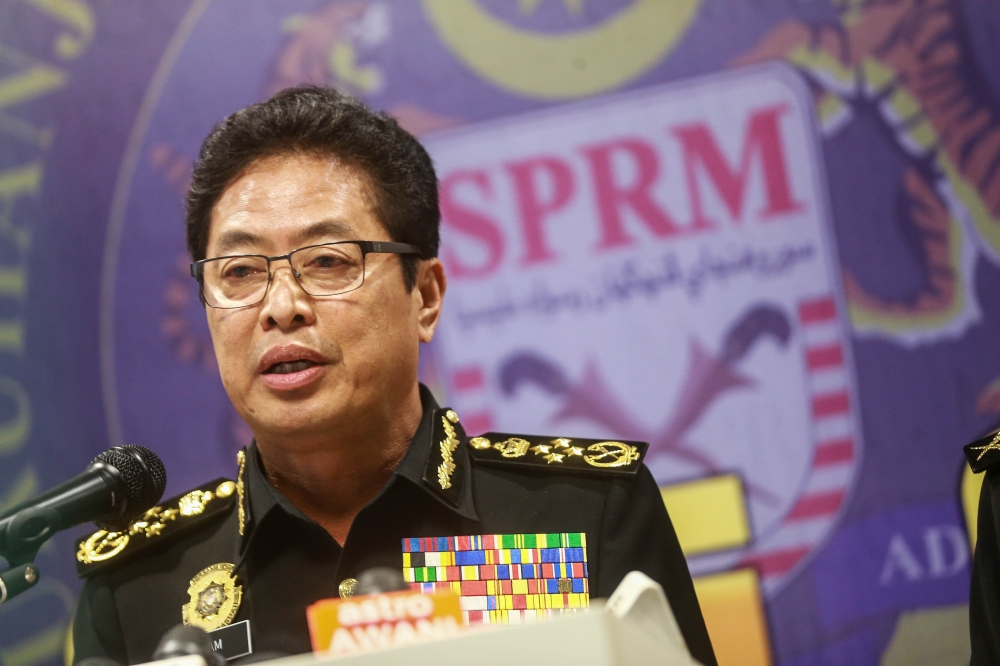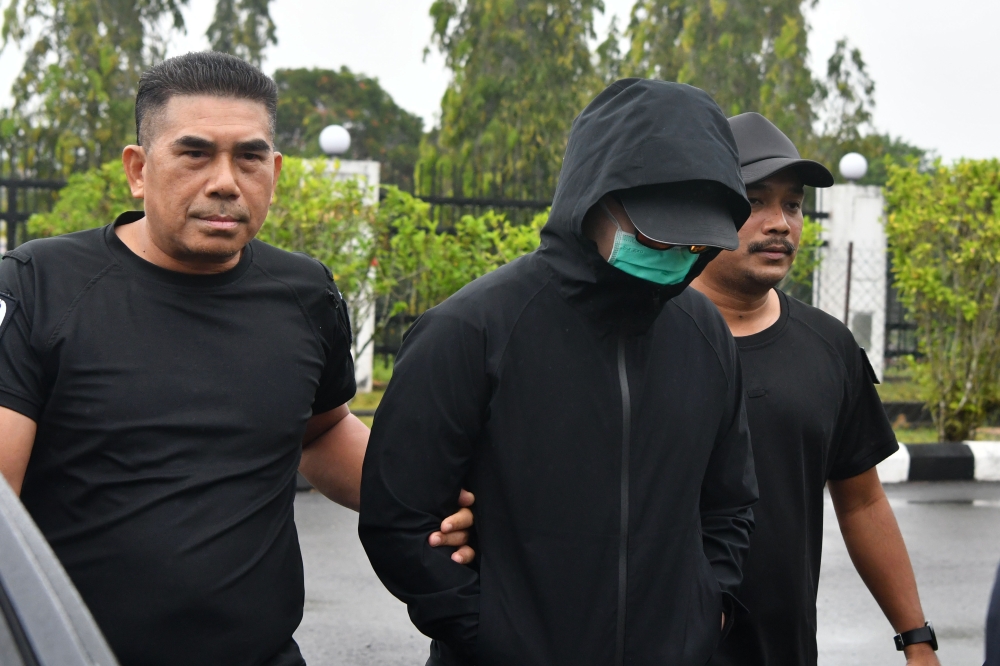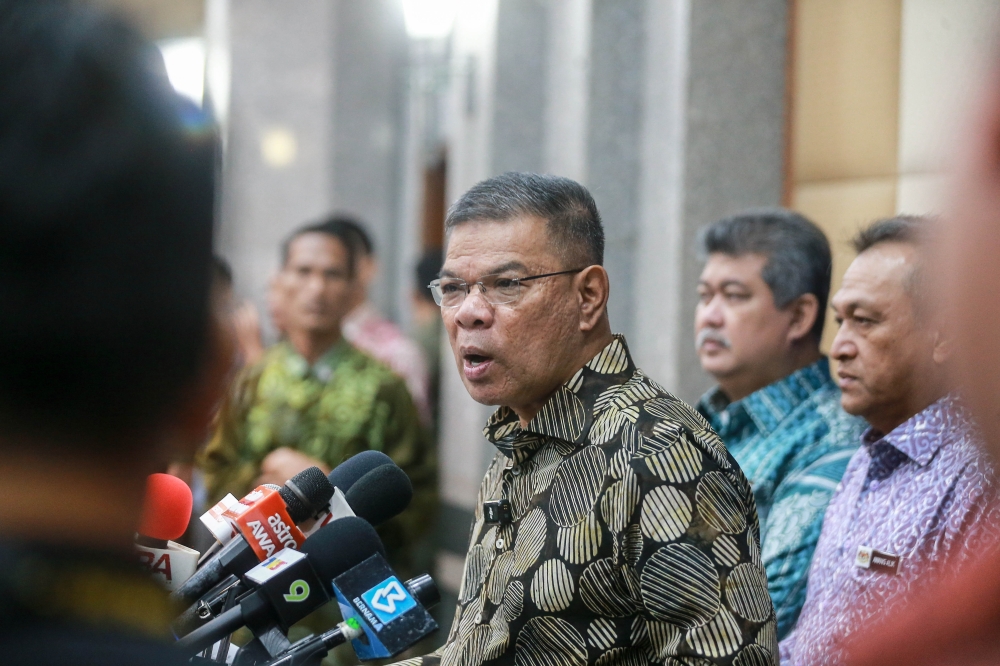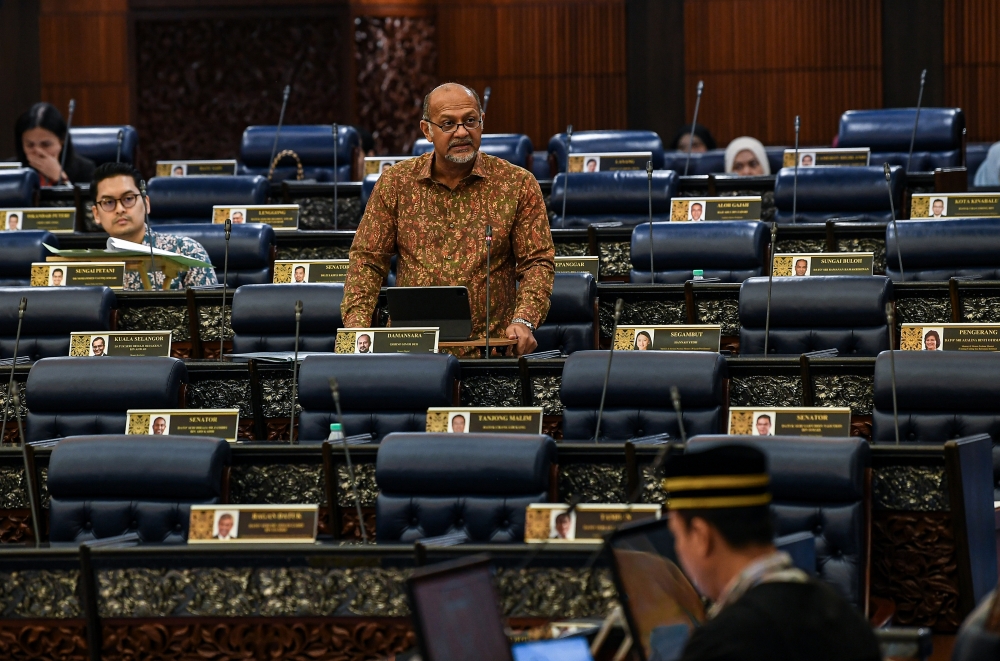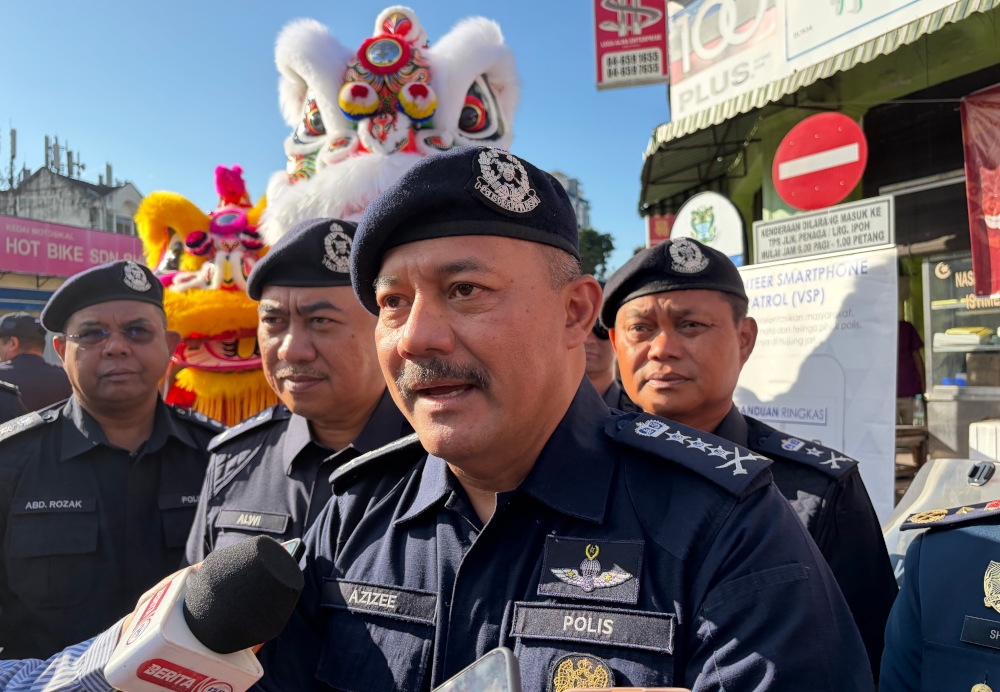KUALA LUMPUR, Dec 22 — Lawyer Syahredzan Johan wants the government to probe a recent report claiming that government officers accepted bribes in exchange for allowing non-halal meat to be passed off as halal.
In a statement today, the political secretary to DAP veteran leader Lim Kit Siang said the expose by the New Straits Times (NST) yesterday affected the public’s confidence in the halal status of meat as well as general food safety, including the way meat is handled and stored.
He said it also proved corruption is rife in Malaysian society.
“The government should take these reports seriously, and the authorities including the Malaysian Anti-Corruption Commission (MACC) should conduct a thorough investigation into what was disclosed by the report immediately.
“This, if true, once again shows that bribery and corruption are cancers in society. It not only harms the country financially, but also erodes public confidence in the integrity of halal meat that is brought into the country, while raising doubts about food safety in Malaysia,” he said in the statement.
Yesterday, NST reported that senior officers from no fewer than four government agencies are believed to be working hand-in-glove with a cartel specialising in bringing non-certified meat, including kangaroo and horse, into Malaysia and passing it off as halal-certified products.
Unnamed sources were quoted as claiming these senior officers, entrusted with ensuring that halal standards are upheld, have instead received bribes and sexual services, in exchange for ensuring the cartel’s operations go undetected.
It is understood that the cartel has been in operation for more than 40 years.
The cartel is said to import meat from non-halal-certified slaughterhouses in countries such as Brazil, Bolivia, Canada, Colombia, Spain and Mexico.
The only countries that have been certified by the Malaysian authorities for the import of halal meat are Australia, Argentina, Brazil, India, South Africa, Pakistan, Japan, New Zealand and the United States, with imports handled by the Malaysia Islamic Development Department and Veterinary Services Department.
The Malaysian Quarantine and Inspection Services Department, Customs Department and port police, meanwhile, are in charge of managing the supplies once they enter Malaysian ports.

